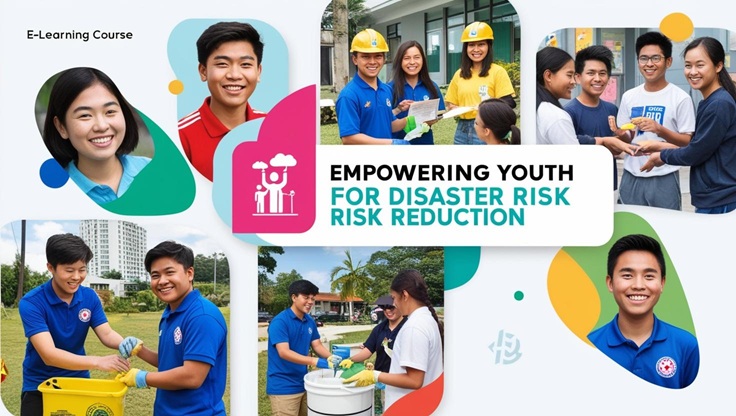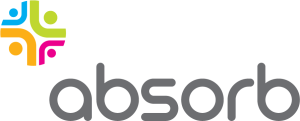Schools are vital hubs for community safety and resilience, serving not only as places of learning but also as spaces for preparing future generations to manage and mitigate disaster risks. This course introduces participants to the principles and practices of School-Based Disaster Risk Reduction (SBDRR) and Safe Schools programming. Participants will explore strategies for assessing risks, engaging stakeholders, and integrating disaster risk reduction (DRR) into school policies, curricula, and infrastructure. By the end of the course, participants will be equipped with practical tools to create safer learning environments and empower students, teachers, and communities to build disaster resilience.

Youth are powerful agents of change in disaster risk reduction (DRR) and community resilience. Their energy, creativity, and ability to mobilize their peers make them invaluable in promoting preparedness and reducing vulnerabilities. This course explores the critical role of youth in DRR, providing practical tools and strategies to engage young people in reducing risks and building resilience within their communities. Participants will learn how to harness the potential of youth through education, advocacy, and participatory activities, ensuring that their voices are central in shaping safer, more sustainable futures.
This MOOC equips humanitarian professionals with essential knowledge and practical skills to ensure disability inclusion in disaster management. Through five interactive modules, participants will explore the diverse needs of persons with disabilities, the impact of disasters on their lives, and the barriers they face in emergency response. The course covers strategies for inclusive disaster preparedness, response planning, and decision-making, ensuring that no one is left behind in times of crisis.

Disasters can strike at any time, disrupting lives and communities. Having a well-thought-out family preparedness plan can make all the difference in ensuring safety, security, and quick recovery. This course provides humanitarian workers, volunteers, and the general public with the knowledge and tools needed to help families create effective disaster preparedness plans. In this course, participants will explore the key components of preparedness, from risk identification to emergency communication plans, and practical steps for ensuring family resilience in the face of disasters.

The humanitarian sector plays a critical role in providing aid and support to those most vulnerable. However, humanitarian workers must also ensure that their actions uphold the dignity and safety of the individuals and communities they serve. This course introduces participants to the principles and practices of Protection from Sexual Exploitation, Abuse, and Harassment (PSEAH) in humanitarian settings, where this is align with the ASEAN Regional Framework on Protection, Gender, and Inclusion in Disaster Management 2021-2025. It emphasizes creating safe environments, recognizing risks, and implementing effective mechanisms for prevention, reporting, and response. Participants will gain the knowledge and tools needed to foster a culture of respect, accountability, and zero tolerance for exploitation, abuse, and harassment.
Schools are vital hubs for community safety and resilience, serving not only as places of learning but also as spaces for preparing future generations to manage and mitigate disaster risks. This course introduces participants to the principles and practices of School-Based Disaster Risk Reduction (SBDRR) and Safe Schools programming. Participants will explore strategies for assessing risks, engaging stakeholders, and integrating disaster risk reduction (DRR) into school policies, curricula, and infrastructure. By the end of the course, participants will be equipped with practical tools to create safer learning environments and empower students, teachers, and communities to build disaster resilience.
The humanitarian sector plays a critical role in providing aid and support to those most vulnerable. However, humanitarian workers must also ensure that their actions uphold the dignity and safety of the individuals and communities they serve. This course introduces participants to the principles and practices of Protection from Sexual Exploitation, Abuse, and Harassment (PSEAH) in humanitarian settings, where this is align with the ASEAN Regional Framework on Protection, Gender, and Inclusion in Disaster Management 2021-2025. It emphasizes creating safe environments, recognizing risks, and implementing effective mechanisms for prevention, reporting, and response. Participants will gain the knowledge and tools needed to foster a culture of respect, accountability, and zero tolerance for exploitation, abuse, and harassment.
This course aims to equip humanitarian professionals with the knowledge and skills necessary to: Integrate gender perspectives into all stages of the humanitarian programming cycle, Identify and, Address gender inequalities and issues in humanitarian crises, Promotes women's empowerment. And Ensure that humanitarian interventions are responsive to the diverse needs of women, men, girls, and boys.

